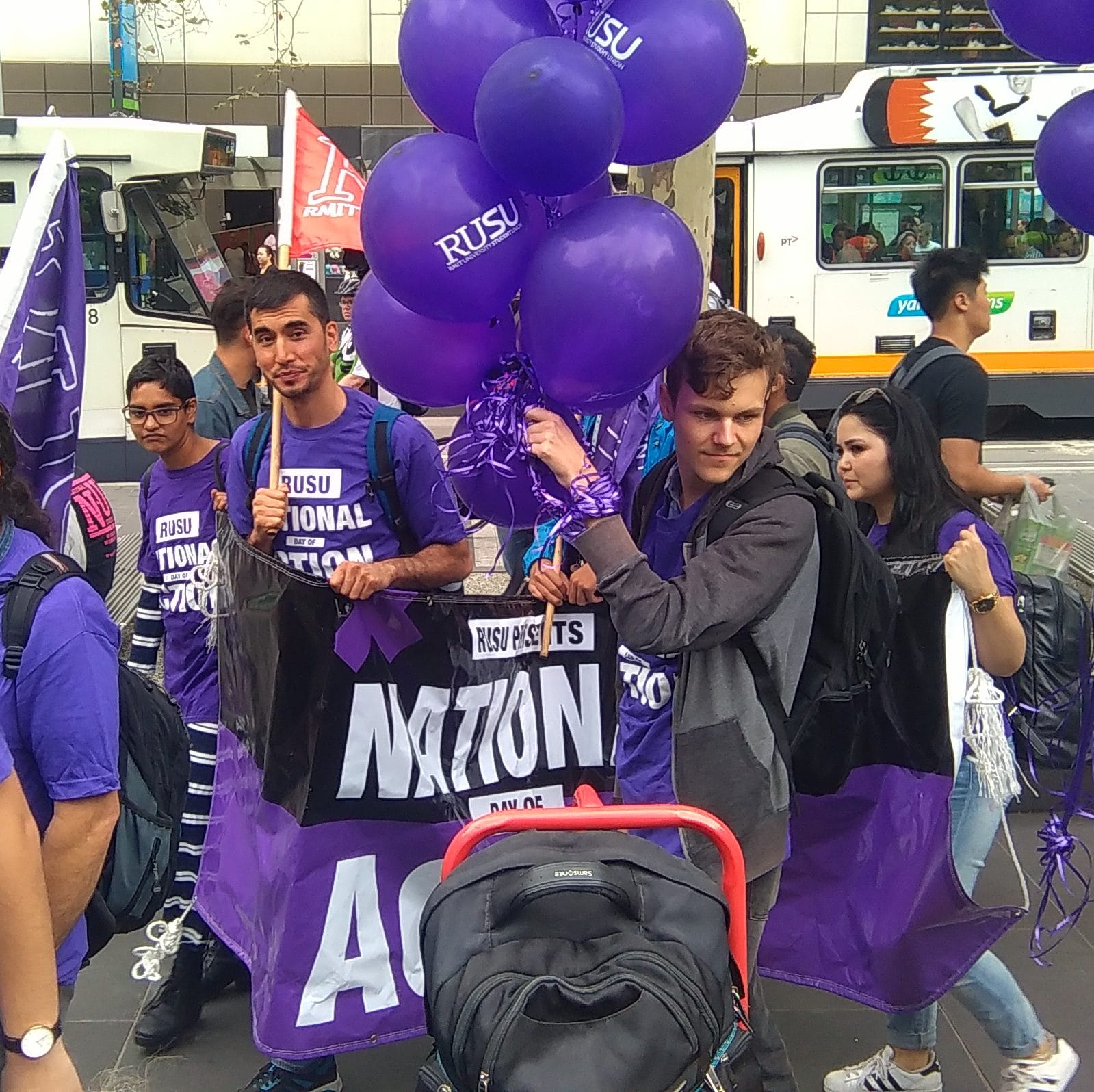Higher education changes may cause ‘class divide’
🔗 [SYSTEM UPDATE] Link found. Timestamp incremented on 2025-11-26 13:55:13.Higher education experts believe a potential “class divide” may deter students from choosing university education, and are calling on the public to fuel debate.

By CAROLINE TUNG
Higher education experts believe a potential “class divide” may deter students from choosing university education, and are calling on the public to fuel debate.
The Federal Government's policies towards deregulating student fees will create a bigger division in the Australian education system, higher education experts say.
Students face a 7.5 per cent tuition fee hike by 2021, or up to $3600 on average for a four-year course, as the Government remains “focused on getting the best return for every taxpayer dollar invested”, Education Minister Simon Birmingham said.
Leading academics have voiced concerns that the debate around higher education is lacking support, while urging the broader community to take action.
Melbourne University higher education specialist Dr Gwilym Croucher said the important argument should centre around whether university education was becoming increasingly unaffordable for the majority of prospective students.
“It is very expensive by world standards to attend university in Australia, and soon enough students may start to look at other options,” Dr Croucher said.

“That would be a huge problem for the country in the long run. It would mean we have a less skilled workforce and we’d have less people that can benefit from higher education.”
The Australian tertiary education system permits students to defer tuition fees through the HECS/HELP loan scheme, but education remains costly for many.
"There is certainly some risk that there could be a class divide in any education system if you make a major change where some university degrees are unaffordable," Dr Croucher said, though he added that he didn't see it as an immediate threat.
National Tertiary Education Union president Jeannie Rea said the government needed to prioritise education to ensure the country’s long-term prosperity.
“We need to be looking at what sort of education system we want and then what sort of funding is required from government to do so,” Ms Rea said.
“We really need to look at free education in terms of it being a shift in the view of government, supported by the community to say education is a priority.
“We need a well educated society we can have to have a good productive and civil society to live in. That’s really what the demand for bringing back free education is about.”

Final-year Monash student Melissa Vallence said she believed the increase in university would will have little impact on current students.
“It wasn’t going to affect me too much,” Ms Vallence said. "I’m in my last year of study so I conveniently get to be in a smaller category of students who are more lucky and aren’t going to be too badly affected by it.”
However, Ms Vallence said future students would face difficulties with the government’s proposed merit-based system, despite the rationale of students “get(ting) a very good deal”.
“What I didn’t like was that (the government) was talking about that university funding is going to be merit-based,” she said.
“The universities with the higher performing students get more funding and I think that’s going to continuously create a class divide within the university system.
“I personally think that tertiary (education) should be equal and fair for all students so I really disliked that element of (the Budget).”





